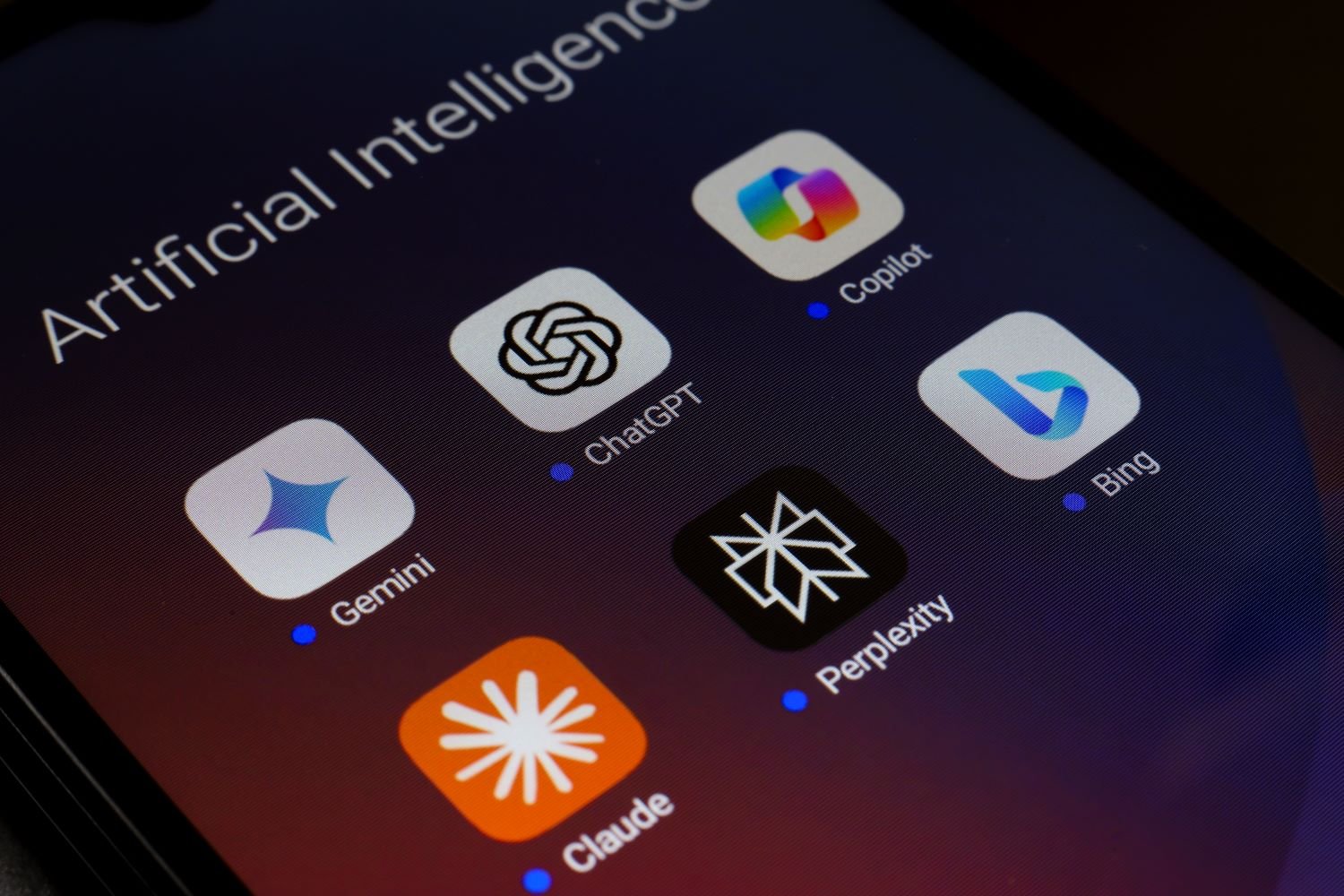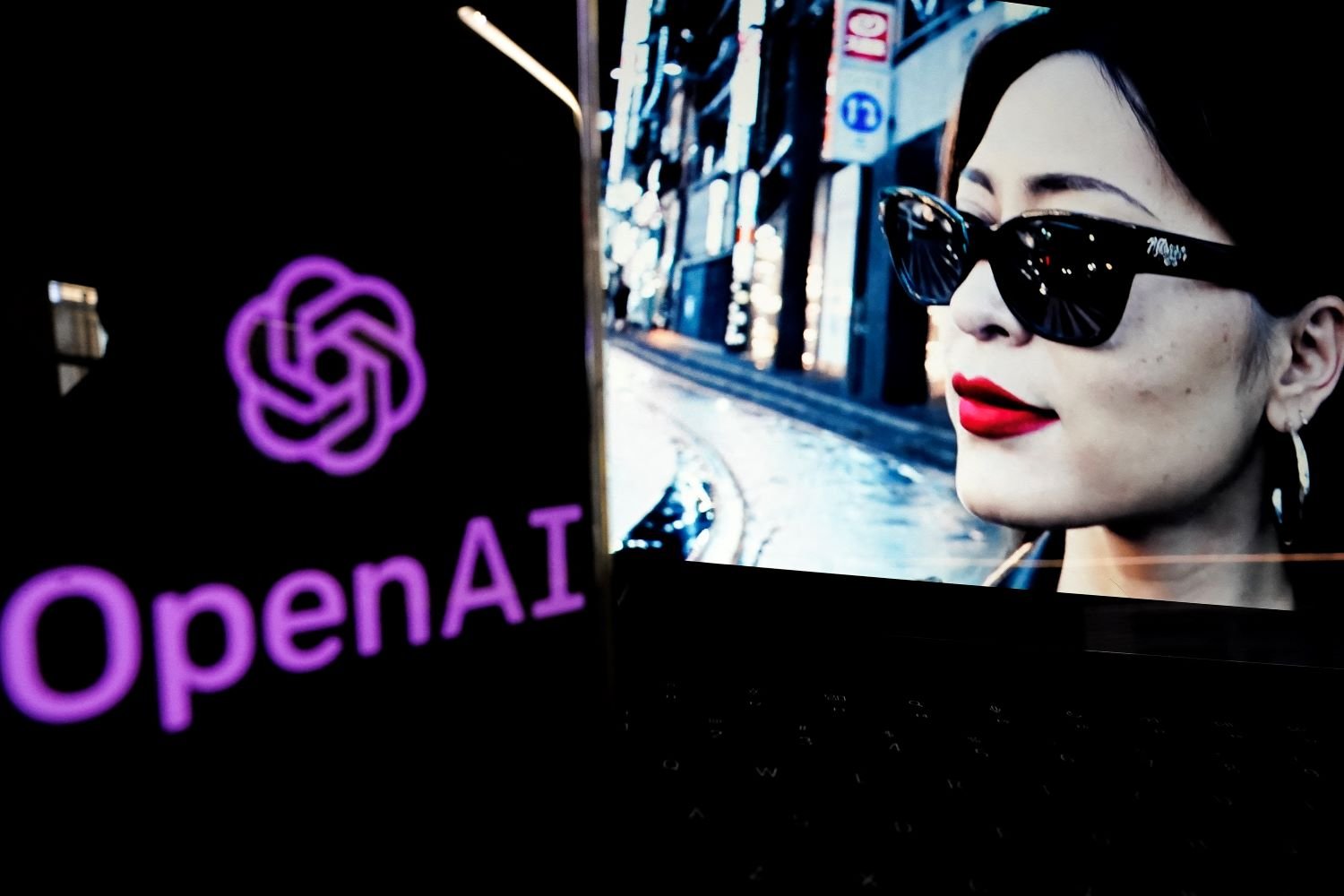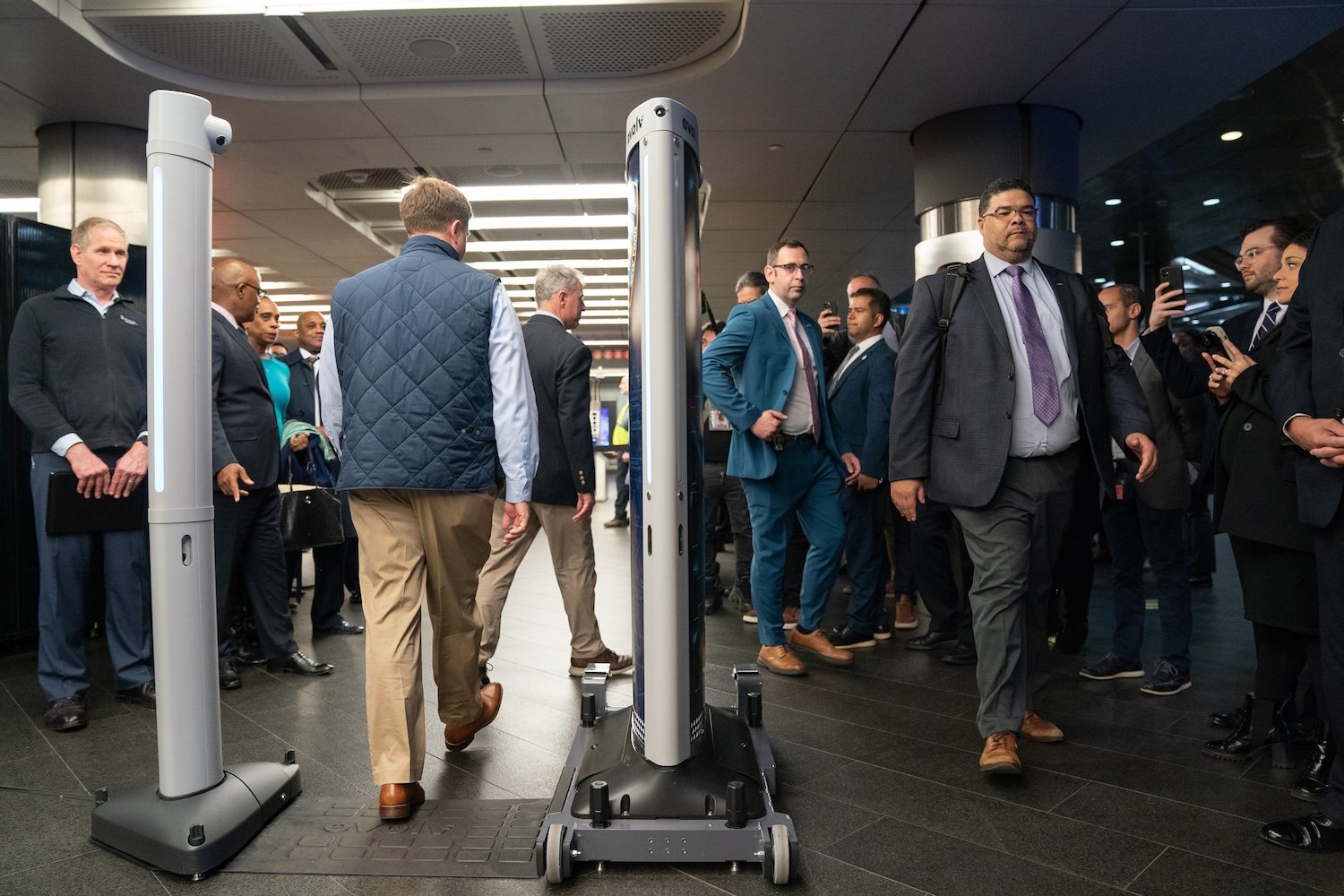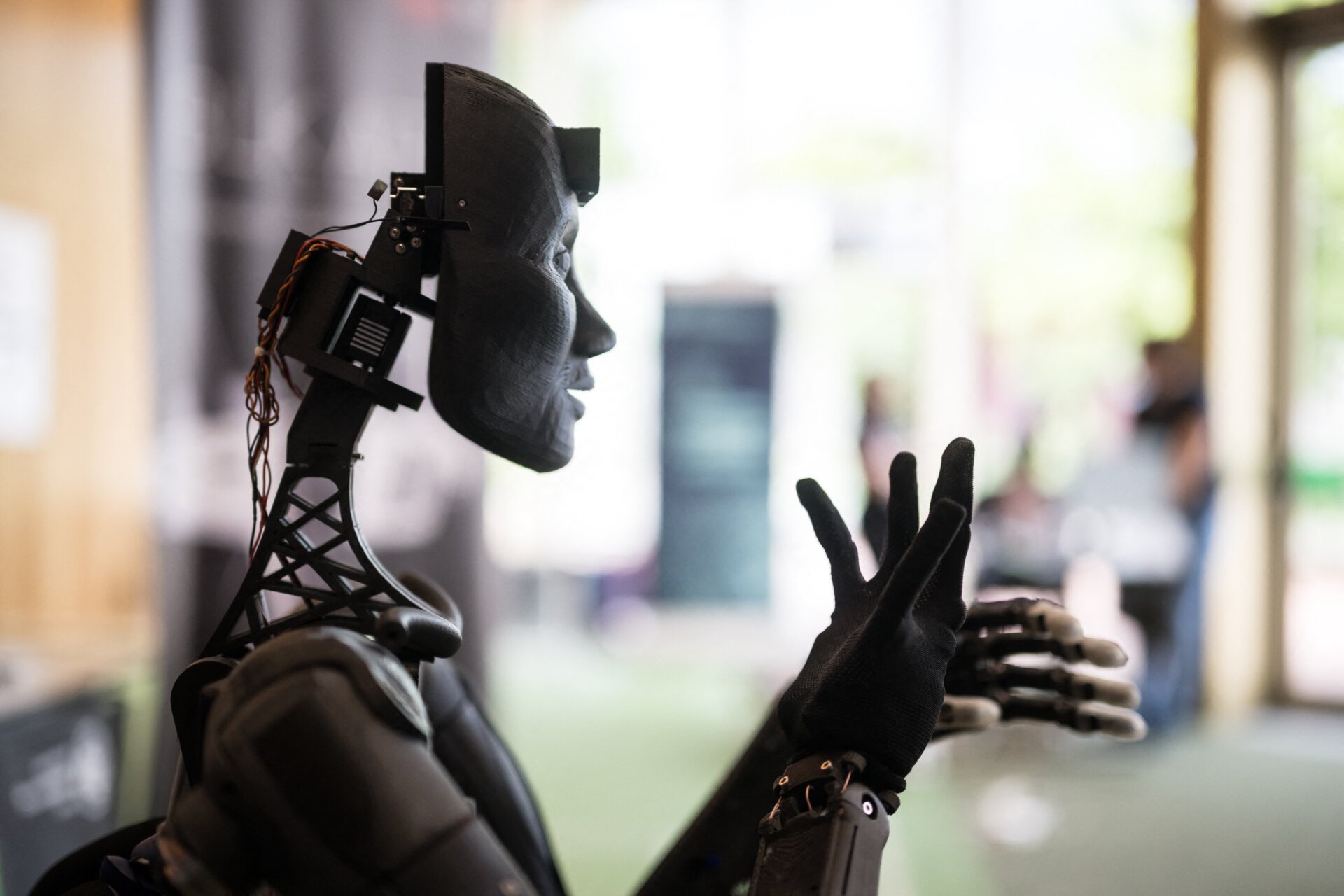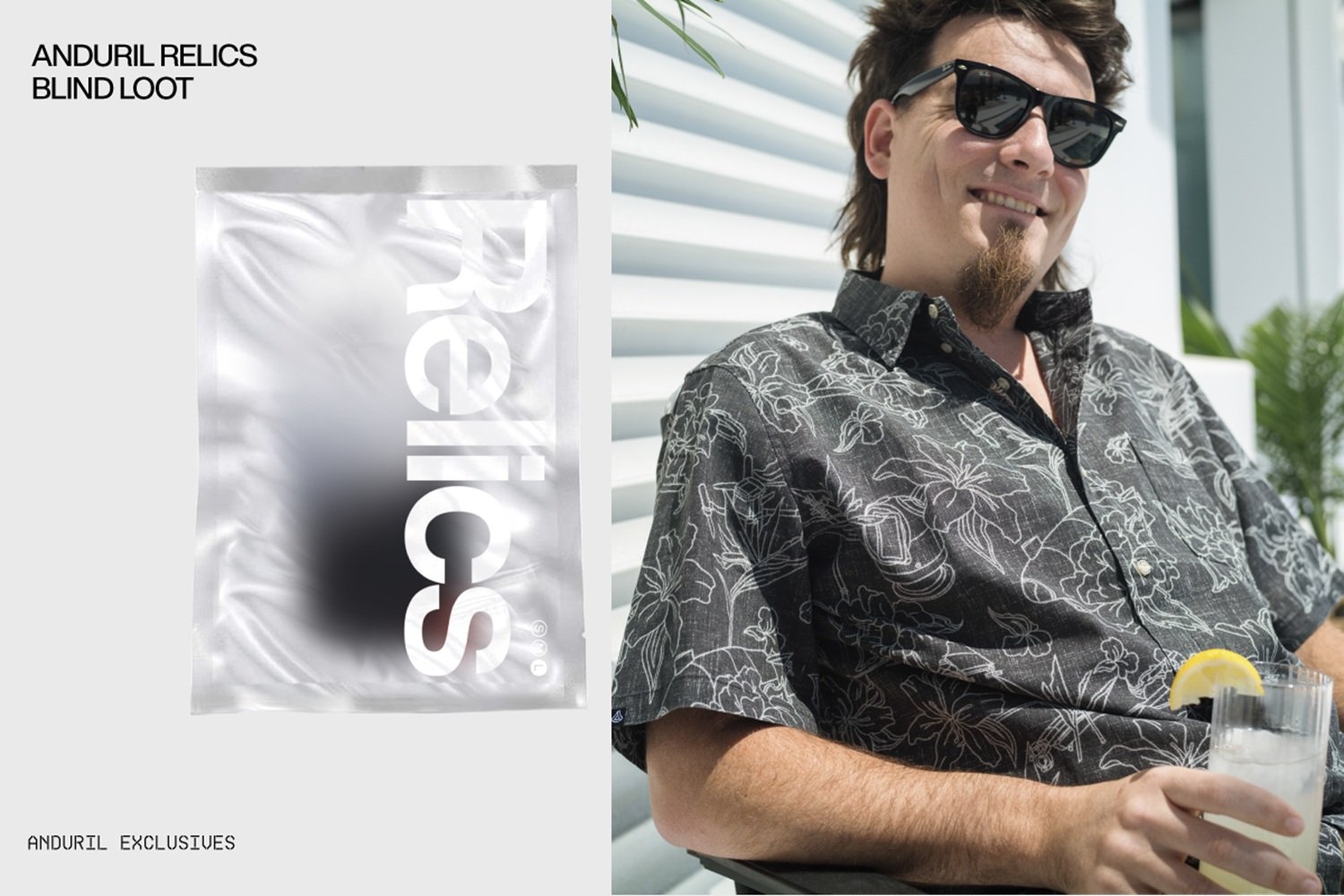Google, Apple, Samsung, and other tech giants envision a future where AI seamlessly integrates with our phones and computers. However, current AI assistants aren’t as smart as they claim to be. Anthropic, the creator of the Claude chatbot, has introduced a new tool, the Model Context Protocol (MCP), designed to empower AI assistants with access to any app. This protocol could be the key to how future AI agents like Apple Intelligence or Google Gemini interact with your device’s data.
Anthropic announced on Monday that it’s making MCP open source and free for developers. This protocol establishes a secure information channel between a data source, including app data, and an AI assistant. Designed for AI agents like Anthropic’s Claude desktop app, MCP addresses privacy concerns by allowing developers to build an “MCP client,” a separate AI application, to connect to their private servers, rather than directly exposing their app’s data.
How MCP Works: A New Standard for AI-App Integration
While companies could use MCP to grant AI access to internal data, it also presents a new standard for how apps share data with AI assistants. Currently, AI apps like Google’s Gemini on Android and iOS can access Google’s Workspace apps with user permission, allowing it to search through Gmail or add reservations to Google Calendar. However, Gemini’s access to third-party apps is limited to extensions.
Alex Albert, Anthropic’s head of Claude relations, explained that developers typically need to collaborate directly with AI assistant developers like Google to create custom connections between the AI and their data. MCP simplifies this process by providing a free, universal protocol that can connect any AI assistant to any app or data source.
A Quick Demonstration: Claude and GitHub
Albert demonstrated Claude using MCP to interact with GitHub, creating a new repository in under an hour. Anthropic shared sample MCP server repositories to help developers get started. This quick integration highlights the potential of MCP to streamline AI-app connectivity.
The Future of AI Integration: From Fragmented to Sustainable
While open source, Anthropic emphasized the suitability of its Claude 3.5 Sonnet model for creating these data channels. The company believes MCP will replace today’s fragmented integrations with a more sustainable solution. Several coding software companies, including Zed, Replit, Codeium, and Sourcegraph, have already adopted MCP for their AI integrations.
Apple Intelligence and the Privacy Question
Apple has promised similar cross-app AI functionality for its upcoming Apple Intelligence, potentially arriving next spring. While Apple’s walled garden approach might not embrace MCP, other AI agent developers may adopt this or similar protocols.
The Pressure on App Developers and the Privacy Conundrum
The push for seamless AI integration puts pressure on app developers to provide AI assistants with access to their app data. While Apple assures users that its private cloud compute will protect personal data, the question remains whether this open data transfer will lead to privacy concerns.
Conclusion: A Potential Game Changer for AI Assistants
Anthropic’s MCP offers a promising solution to the current limitations of AI assistant integration. By simplifying the connection between AI and apps, MCP has the potential to unlock the full potential of AI assistants and pave the way for a truly integrated digital experience. However, the implications for data privacy warrant careful consideration as this technology evolves.



